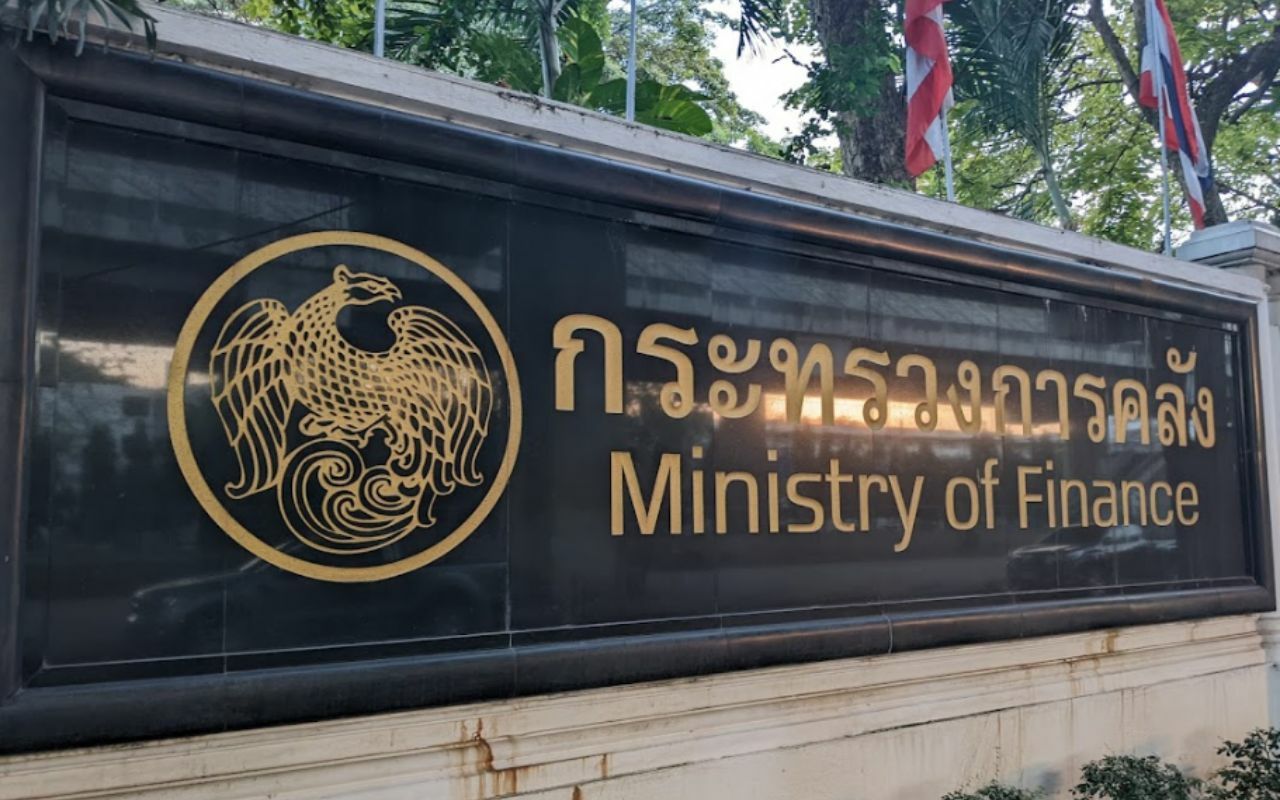Thai government revenue exceeds target by 112 billion baht amid economic recovery

The Ministry of Finance announced that government revenue collection for the first seven months of fiscal 2023 (October to April) surpassed the target by 112 billion baht, primarily due to contributions from agencies other than the Revenue Department. This information was shared by Pornchai Thiraveja, director-general of the Fiscal Policy Office.
The government collected a net revenue of 1.38 trillion baht during this period, exceeding the target by 112 billion baht, which is an increase of 8.9% compared to the 7.4% growth in the same period last year.
Government revenue was generated by tax revenue from the Revenue Department, Excise Department, and Customs Department, as well as revenue from the Treasury Department and state enterprises.
The country’s largest tax collection department, the Revenue Department, collected 1.07 trillion baht, which is 11.1% above the target. This was driven by higher corporate tax revenue, value-added tax, and personal tax revenue related to the expanding economy. However, the Excise Department collected 276 billion baht, which is 16.3% below the target, due to the reduction of the excise tax rate on diesel fuel to mitigate living costs arising from increased crude oil prices in the global market.
The Customs Department collected 769 billion baht, surpassing the target by 24.9%, owing to greater import values and retrospective payment of customs duties and turnover tax on imports according to criminal proceedings.
Some state firms remitted income of 104 billion baht, beating the target by 10%.
Other state agencies remitted income of 137 billion baht to the ministry, exceeding the target by 66.8%, attributed to revenue from their revolving funds and concession fees from mobile phone operators and licence auctions for FM radio frequencies.
Pornchai stated that excluding revenue from state agencies and Customs tax cases, government revenue collection for the fiscal year should exceed the target of 593 billion baht, which is approximately 4.7% above the target.
The recovery of the Thai economy from the pandemic has led to improved government revenue collection.
According to the Office of the National Economic and Social Development Council (NESDC), the Thai economy in the first quarter expanded by 2.7%, accelerating from 1.4% in the previous quarter.
The economy is primarily driven by robust growth of the service sector, attributed to the expansion of the income base from the tourism and agricultural sectors, together with declining inflation.
The service sector continues to grow, particularly businesses related to tourism.
The agricultural sector accelerated because of the main crop yield and increased production of livestock.
Exports of goods and services in the first quarter of 2023 grew by 3%, an improvement from the fourth quarter of last year.
The planning office projects the Thai economy to expand by 2.7-3.7% this year. Last year, the Thai economy grew by 2.6%, lower than the NESDC’s forecast of 3.2%, accelerating from 1.5% in 2021.
Latest Thailand News
Follow The Thaiger on Google News:


























